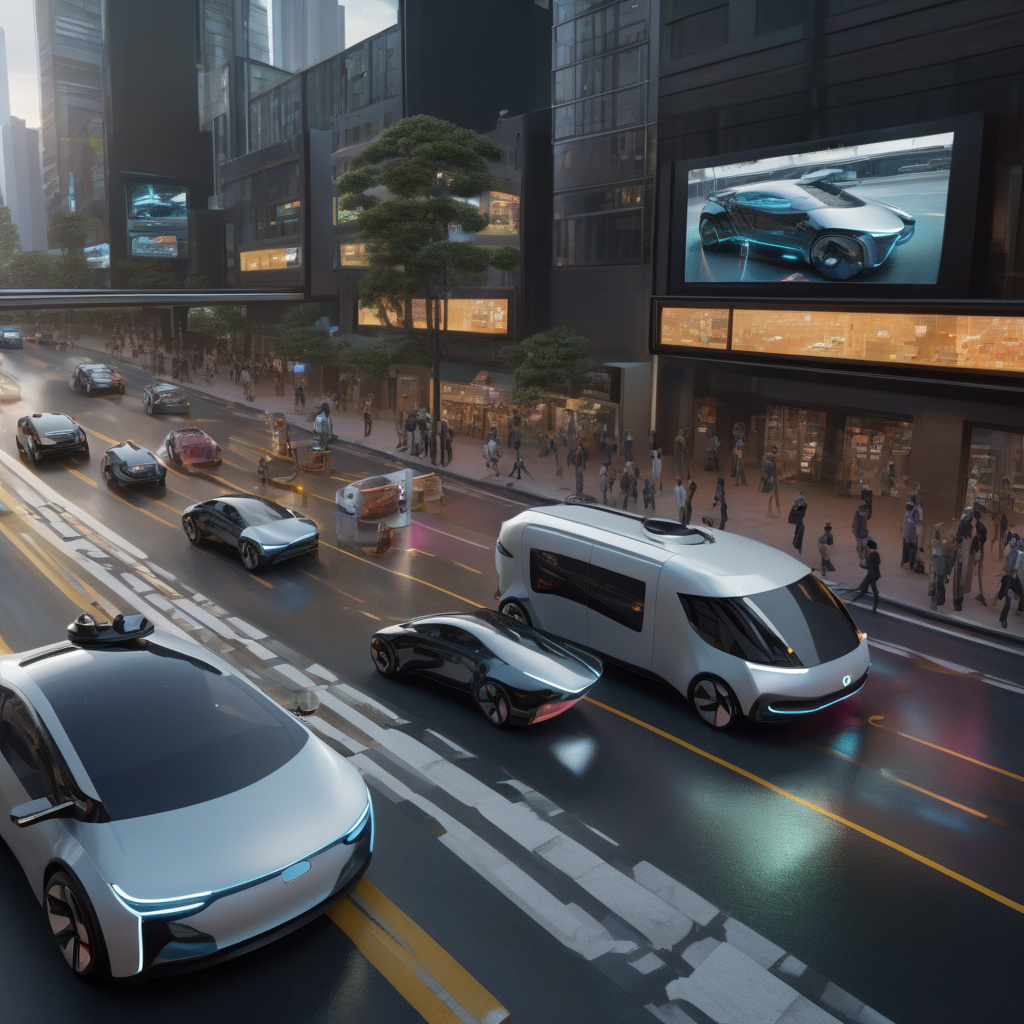In the ever-evolving landscape of automotive technology, the integration of artificial intelligence (AI) is propelling vehicles into a new era of innovation. Volvo Cars recently made waves by expanding its collaboration with Google, incorporating the Gemini AI system into vehicles already equipped with Android Automotive. This partnership marks a significant stride in the fusion of AI and automotive engineering, revolutionizing how vehicles operate and interact with drivers and passengers alike.
By embedding AI capabilities directly into their vehicles, manufacturers like Volvo are enhancing the overall driving experience through advanced features and functionalities. AI-powered systems can analyze vast amounts of data in real-time, enabling vehicles to adapt to changing road conditions, optimize performance, and enhance safety. For instance, AI algorithms can process sensor data to detect potential hazards on the road, predict maintenance needs, and even personalize in-car settings based on individual preferences.
One of the key areas where AI is making a profound impact in vehicles is in autonomous driving technology. AI algorithms play a crucial role in enabling self-driving cars to perceive their environment, make decisions, and navigate complex traffic scenarios with minimal human intervention. Through machine learning and deep neural networks, autonomous vehicles can continuously learn and improve their driving capabilities, ultimately leading to safer and more efficient transportation systems.
Moreover, AI is revolutionizing the concept of connected vehicles, enabling seamless communication between cars, infrastructure, and other devices. By leveraging AI-powered systems, vehicles can access real-time traffic information, receive over-the-air software updates, and even communicate with smart city infrastructure to optimize traffic flow. This interconnected ecosystem not only enhances convenience for drivers but also paves the way for future mobility solutions such as ride-sharing and predictive maintenance.
Furthermore, AI is reshaping the in-car experience by introducing intelligent voice assistants, predictive analytics, and personalized recommendations. Voice-controlled AI assistants like Google Assistant or Amazon Alexa allow drivers to interact with their vehicles hands-free, accessing navigation directions, music playlists, or climate control settings with simple voice commands. Additionally, AI-powered analytics can anticipate driver behavior, such as preferred routes or charging schedules for electric vehicles, providing a more tailored and intuitive driving experience.
As vehicles continue to evolve into sophisticated connected devices, the integration of AI technologies will play a pivotal role in shaping the future of transportation. From enhancing safety and efficiency to redefining the in-car experience, AI is unlocking a new realm of possibilities for vehicles and their passengers. The partnership between Volvo Cars and Google exemplifies the accelerating pace of AI adoption in the automotive industry, setting the stage for a transformative journey towards intelligent and autonomous mobility solutions.
In conclusion, the convergence of vehicles and artificial intelligence represents a paradigm shift in the automotive industry, ushering in a new era of smart, connected, and autonomous transportation. As manufacturers embrace AI technologies to enhance vehicle capabilities and user experiences, we can expect to see a proliferation of AI-driven innovations that will redefine the way we perceive and interact with vehicles on the road. The future of mobility is AI-driven, and the possibilities are as limitless as the open road ahead.

